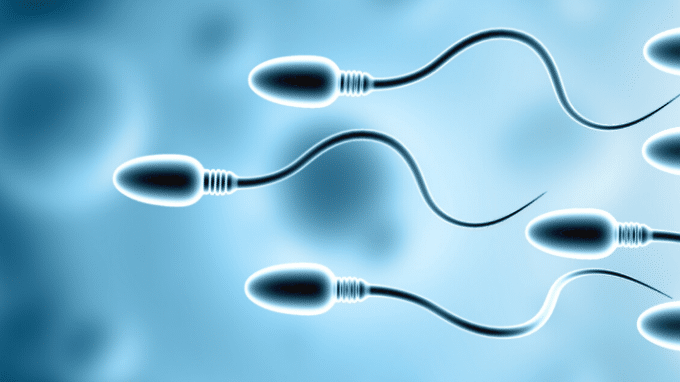Chronic exposure to heavy metals might damage sperm health. Therefore it is important, to take effective countermeasures to protect male fertility
Metallic Impact On Sperm Health
Researchers have concluded that continued exposure to heavy metals, such as mercury, lead, cadmium and several other substances could precipitate a potentially detrimental process known as oxidative stress.
Oxidative Stress Overview
When oxidative stress occurs, the body does not properly synthesize oxygen molecules. This abnormality elicits systemic production and secretion of harmful substances known as free radicals. An accumulation of free radicals in the body can damage cells, tissues and even organs. Ultimately, stricken subjects might experience a host of physical manifestations and possibly serious illnesses.
Effect On Male Fertility
Free radicals can exert a significant adverse impact on the male reproductive tract. Sperm health, in particular, is subject to serious decline. In many instances, afflicted men experience greatly diminished sperm counts, which makes conception difficult and, in some cases, out of the question.
Issues Influencing the Risk of Chemical Exposure

Additionally, certain lifestyle choices could exacerbate poor sperm health, including cigarette smoking, excessive alcohol intake, ingestion of specific medications, allowing the testicles to become overheated for a variety of reasons and exposure to other environmental toxins.
Steps Impacted Men Can Take
Men who are unsuccessfully attempting to conceive should first obtain a thorough medical evaluation from their doctor or fertility specialist. These healthcare professionals can perform tests and rule out other causes. Should the patient’s problems be traced back to a diminished sperm count with no other discernible cause, they might wish to take corrective actions like limiting exposure to heavy metals as much as possible, limiting or quitting smoking or drinking and monitoring both the prescription and over-the-counter drugs they ingest.
The Benefits of Antioxidants
Arguably, the most significant action a man with a reduced sperm count can take to counter the impact of free radicals is ingest high concentrations of nutrients known as antioxidants. These substances may eliminate free radicals and even reverse the damage caused by them.
Antioxidants are also well known for curtailing or ebbing inflammation. This natural systemic process helps the body ward off invaders and heal physical injuries. But inflammation precipitated by free radicals may become too pronounced and cause internal damage that often leads to further health maladies and injuries.
Studies have discovered that the sperm counts of those who consume products containing discernible amounts of antioxidants have become measurably elevated. Moreover, the nutrients have also elicited significant improvements to sperm quality and motility, which is the speed and strength at which sperm swim through a women’s reproductive tract.
Increasing Antioxidant Intake
Fortunately, these powerful antioxidants are found in many commonly consumed foods. These nutrients are found primarily in produce products, such as fruits and vegetables. However, the highest concentrations are specifically seen in berries, carrots, kale, artichokes, beets, cabbage and spinach. Additionally, pecans, dark chocolate, beans, red wine and a variety of spices contain appreciable quantities. Therefore, these products should be consumed regularly.





